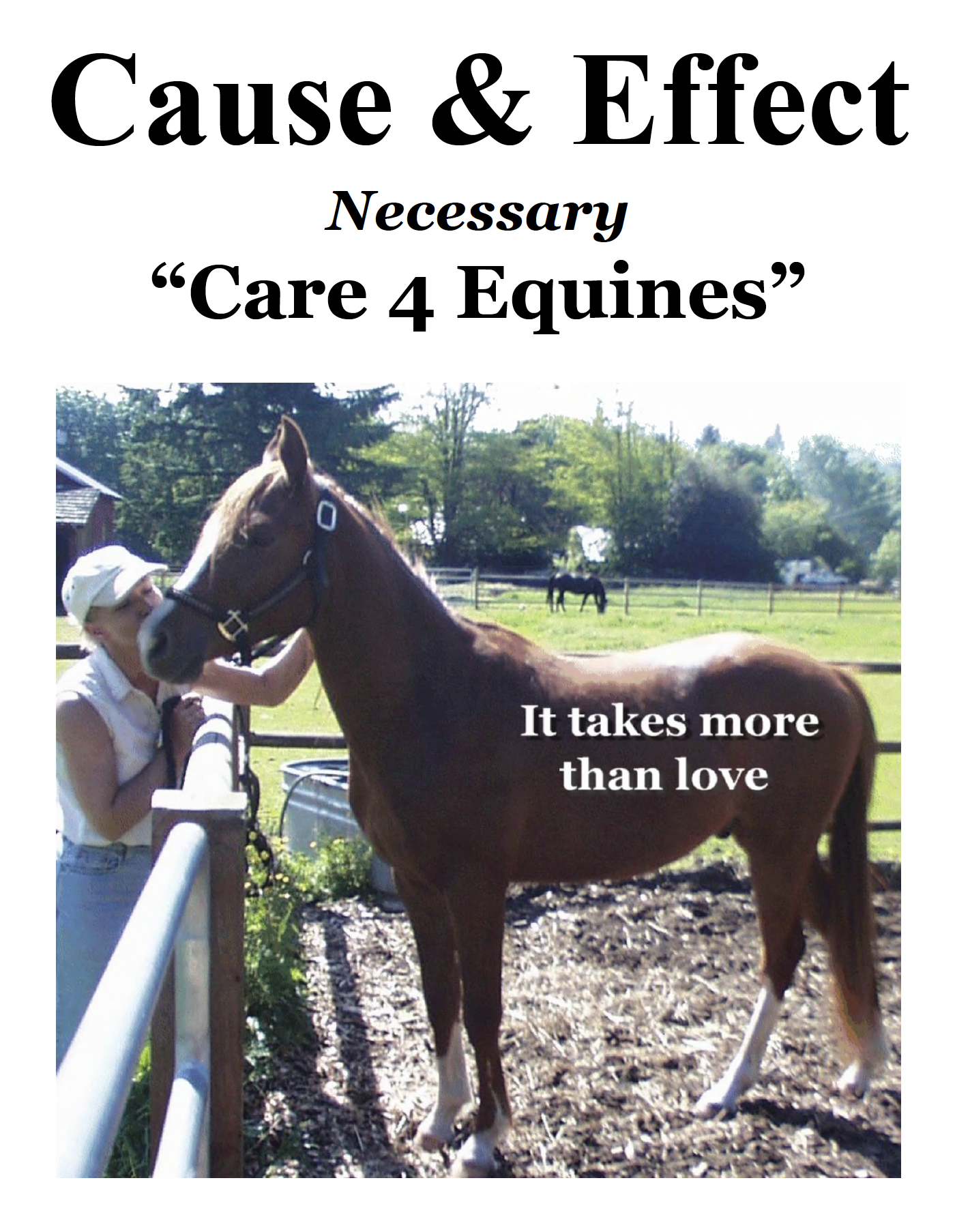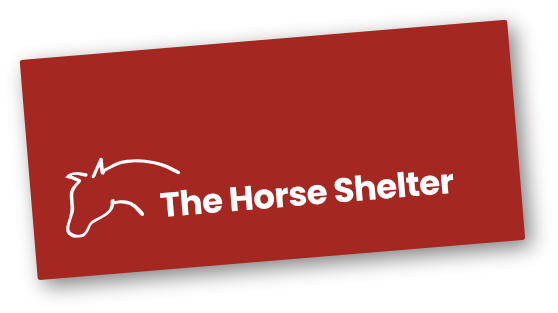Caring For Your Horse
 Owning a horse is great for your health, nerves, and mood—it’s also a lot of work. Presumably, you will always enjoy the work, which will be both challenging and soothing, but it will also be constant. You cannot decide to skip feeding your horse for a day. Before you adopt or buy a horse or even consider accepting one as a gift, ensure you know what is required to take proper care of an equine. The average life span of a horse is 25-30 years, and some horses have on record lived to be 56! Not only are you committing to care for an extended period, but also to take care of all of its daily, physical, mental, and financial needs. Please consult a local veterinarian to establish specific care and feed guidelines for your horse. The booklet was put together by Ripley’s Horse Aid Foundation, addressing all aspects of Equine Care.
Owning a horse is great for your health, nerves, and mood—it’s also a lot of work. Presumably, you will always enjoy the work, which will be both challenging and soothing, but it will also be constant. You cannot decide to skip feeding your horse for a day. Before you adopt or buy a horse or even consider accepting one as a gift, ensure you know what is required to take proper care of an equine. The average life span of a horse is 25-30 years, and some horses have on record lived to be 56! Not only are you committing to care for an extended period, but also to take care of all of its daily, physical, mental, and financial needs. Please consult a local veterinarian to establish specific care and feed guidelines for your horse. The booklet was put together by Ripley’s Horse Aid Foundation, addressing all aspects of Equine Care.
Summary
Bringing an equine into one’s life is an exciting time and, for many, a long-time dream come true. Whether it is a donkey, burro, mule, or horse, they are compelling creatures, stimulating the imagination and representing personal achievement. The reasons for owning horses/equines are as varied as the breeds. The one constant in today’s society is no one needs a horse, as was the case in our historical past. By choosing to have these marvelous creatures in your life, you are also committing to give them the care they need for a healthy and safe life.
As soon as you become an owner, you must provide a management program where they will thrive. Along with this is the daily care and the need to understand the importance of health care maintenance. A good management schedule not only removes some of the unnecessary problems that will occur but will save the owner money. Health situations beyond your control will also become your financial responsibility.
Being prepared to address whatever comes your way is the key. Having one or two qualified farriers, you can contact as needed and being familiar with veterinarians in your area that you can work with is essential. Be ready to make decisions regarding the future of your animals if there is a sudden change in your circumstances, such as a loss of a job, medical problems, or other situations that make it no longer feasible for you to care for them properly. They have no choice. They have no voice. You are their future.

